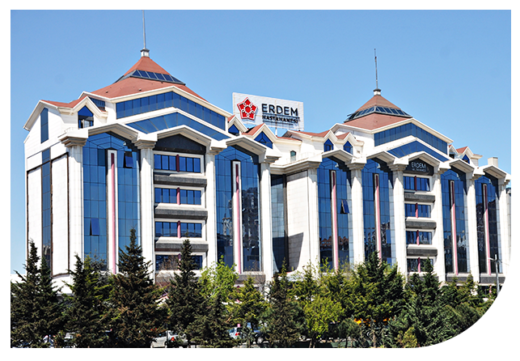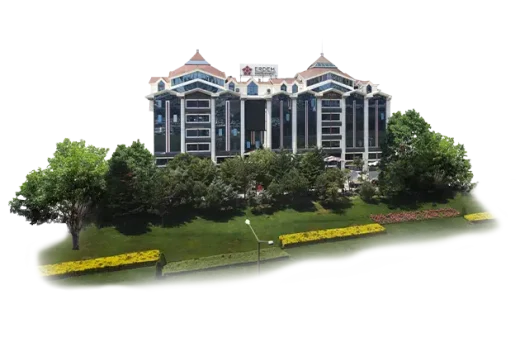Heart Attack Symptoms
Heart attacks don’t always arrive with drama. They don’t always feel like a crushing pain in the chest or resemble what you’ve seen in movies. In reality, the symptoms can be subtle, confusing, and dangerously easy to dismiss. Yet the earlier you recognize a heart attack, the greater your chance of survival and recovery.
Understanding the real signs, especially the less obvious ones, could save your life or someone else’s.
What Happens During a Heart Attack?
A heart attack also known as a myocardial infarction occurs when blood flow to a part of the heart is suddenly blocked, often due to a blood clot in one of the coronary arteries. Without oxygen, that section of the heart muscle begins to die. The longer the blockage goes untreated, the greater the damage.
This is a medical emergency. The clock starts ticking the moment symptoms begin.
Classic Symptoms of a Heart Attack
The most well-known symptom is chest pain or tightness, but the reality is more complex. Typical signs include:
- Pressure, squeezing, or burning in the chest (it may come and go or last for several minutes)
- Pain radiating to the left arm, neck, jaw, back, or stomach
- Shortness of breath, with or without chest discomfort
- Cold sweats
- Nausea or vomiting
- Light-headedness or dizziness
This cluster of symptoms is more commonly seen in men, but women often experience different signs.
How Heart Attack Symptoms Differ in Women
Heart attacks in women are often harder to recognize, partly because their symptoms can mimic other conditions. Many women don’t feel the “classic” chest pain. Instead, they may experience:
- Unusual fatigue that doesn’t improve with rest
- Sleep disturbances days or weeks before the event
- Indigestion-like discomfort
- Pressure in the upper back or jaw
- Anxiety or a sense of impending doom
Because these signs are more subtle, many women delay seeking help sometimes until it’s too late.
Silent Heart Attacks
A silent heart attack is one that goes unnoticed or is mistaken for something minor, like heartburn or fatigue. These occur more often in people with diabetes or those over 65, and can still cause serious heart damage.
Many people only discover they had one during a routine ECG or heart scan. That’s why regular checkups and attention to unexplained symptoms are essential especially if you’re in a high-risk group.
Don’t Wait. Call Emergency Services.
If you or someone near you shows signs of a heart attack, call emergency medical services immediately. Don’t drive yourself. Paramedics can begin life-saving treatment on the way to the hospital.
Every minute counts. Treatments like clot-busting medications or coronary angioplasty are most effective within the first 90 minutes of symptom onset.
It’s better to be wrong and safe than to ignore early symptoms and risk permanent heart damage or death.
Who’s at Risk?
While heart attacks can strike anyone, several factors raise your risk:
- High blood pressure or cholesterol
- Smoking
- Diabetes
- Obesity
- A sedentary lifestyle
- Family history of heart disease
- Chronic stress and poor sleep

Making lifestyle changes such as exercising regularly, eating a heart-healthy diet, and managing stress can significantly reduce your risk.
What Happens After a Heart Attack?
After a heart attack, the road to recovery involves:
- Hospital treatment, often including medications, stents, or bypass surgery
- Cardiac rehabilitation, which combines supervised exercise, nutrition guidance, and emotional support
- Ongoing monitoring, to prevent future heart events
Many people go on to lead full, active lives but only if follow-up care and heart-friendly changes become part of their new normal.
Recognizing the Warning Signs Can Save a Life
Heart attacks rarely announce themselves with a single dramatic symptom. More often, they begin as a whisper: a tightness, a strange fatigue, a sense that something just isn’t right. Trust that instinct. Reacting quickly doesn’t just improve your outcome, it can be the difference between life and death.
If you’ve experienced unusual symptoms, have a family history of heart disease, or want to better understand your cardiovascular risk, the cardiology team at Erdem Hospital offers personalized, evidence-based care designed to keep your heart and your life strong.
